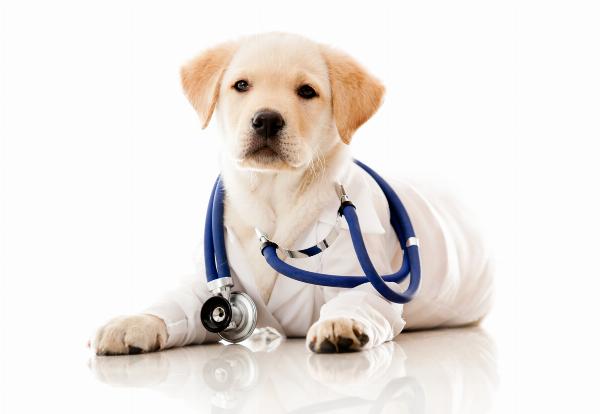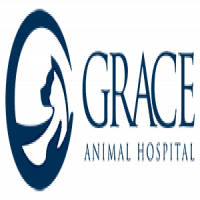Exploring the Vital Role of an Animal Emergency Clinic

In the realm of veterinary medicine, animal emergency clinics play a crucial role in providing immediate and specialized care to pets during critical situations. These facilities are designed to handle emergencies that occur outside regular veterinary hours, ensuring pets receive prompt attention and necessary treatments when time is of the essence. Let's delve deeper into the pivotal role of an animal emergency clinic from three key perspectives:
1. Accessibility and Immediate Care
The primary function of an animal emergency clinic is to provide accessibility and immediate care for pets facing urgent medical situations. Unlike regular veterinary practices that operate within set hours, these clinics are open 24/7, 365 days a year. This accessibility is essential because emergencies in pets can happen at any time, whether it's late at night, over weekends, or during holidays.
Pets may experience sudden illnesses, severe injuries from accidents, or unexpected complications from existing health conditions. In such critical moments, pet owners need assurance that professional help is available without delay. Animal emergency clinics are equipped with specialized medical equipment, including diagnostic tools like ultrasound and digital radiography, which enable veterinarians to quickly assess the condition of pets and initiate appropriate treatments.
For instance, a dog that ingests a toxic substance or a cat involved in a vehicular accident requires immediate medical attention to minimize complications and ensure the best possible outcome. The ability of an animal emergency clinic to provide timely intervention can be life-saving, demonstrating its indispensable role in the community.
2. Expertise and Comprehensive Medical Services
Animal emergency clinics employ veterinarians and support staff who specialize in emergency medicine and critical care. These professionals are trained to handle a wide range of urgent conditions, from trauma and poisoning to respiratory distress and neurological emergencies. Their expertise allows them to make quick decisions under pressure and administer treatments tailored to the needs of each patient.
In addition to emergency interventions, these clinics offer comprehensive medical services such as surgical procedures, intensive care monitoring, and advanced diagnostics. This comprehensive approach ensures that pets receive continuity of care throughout their emergency treatment, from initial stabilization to ongoing management and follow-up.
Consider a scenario where a pet develops sudden bloat, a life-threatening condition that requires immediate surgical intervention. An animal emergency clinic equipped with surgical facilities and experienced veterinary surgeons can perform emergency procedures promptly, significantly increasing the chances of the pet's survival and recovery.
3. Compassionate Support and Community Engagement
Beyond providing medical care, animal emergency clinics offer compassionate support to pet owners during times of distress. The staff at these clinics understand the emotional bond between pets and their families, and they strive to provide empathetic care that addresses both the medical and emotional needs of their clients.
Waiting areas in animal emergency clinics are often designed with comfort and privacy in mind, allowing families to stay informed about their pet's condition while maintaining a sense of calm. Veterinarians and support staff communicate openly with pet owners, explaining treatment options, prognosis, and expected outcomes to alleviate anxiety and ensure informed decision-making.
Furthermore, animal emergency clinics engage actively with the community through educational outreach programs and partnerships with local animal welfare organizations. They educate pet owners about recognizing emergency signs and implementing first aid measures, empowering them to respond effectively in critical situations before professional help arrives. By fostering these community connections, animal emergency clinics contribute to a more prepared and responsive network of pet care within their localities.
Conclusion
In conclusion, the role of an animal emergency clinic extends far beyond providing medical treatment—it embodies a commitment to accessibility, expertise, and compassionate care for pets and their owners. These clinics serve as critical lifelines during emergencies, offering immediate access to specialized veterinary care and emotional support. Their presence in the veterinary landscape ensures that pets receive timely interventions that can make a significant difference in their health outcomes, reinforcing the bond between humans and animals through every critical moment encountered.
Note: IndiBlogHub features both user-submitted and editorial content. We do not verify third-party contributions. Read our Disclaimer and Privacy Policyfor details.


